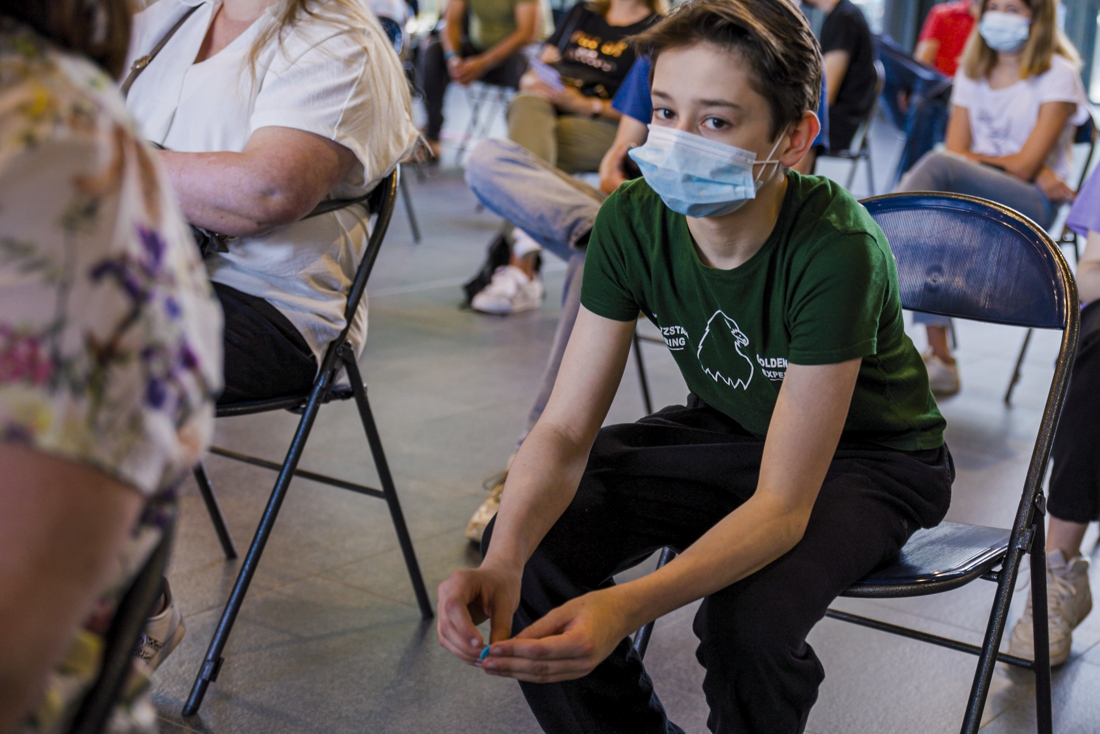Increasing budgets in the world of French research are rare. And even rarer are those who triple their volume. There were therefore smiles on the rostrum, on July 6, when the Minister of Higher Education, Research and Innovation, Frédérique Vidal, announced a budget of around 45 million dollars. ‘euros over three years (2021-2024) for the’ 2e plan for open science ”.
“Open science”, which the minister hopes will soon become a pleonasm, designates the “Unhindered dissemination of the results, methods and products of scientific research”. The best-known example is the free, open access publication in the lingo of research articles. This openness, which is already a global movement, should promote the circulation of ideas and therefore the progress of knowledge, and even the emergence of innovations. It generally contributes to building trust between science and society.
But the concept, as obvious as it is, is therefore not yet a pleonasm. According to the latest open science barometer, born from the first action plan of 2018, only 56% of French publications in 2019 are free to access. But the figure is on the rise, in particular because several agencies such as the National Research Agency (ANR), the National Health Security Agency (Anses) or the Environment and Energy Management Agency (Ademe) oblige the researchers they fund to publish their articles in open access.
New actions are therefore planned, with an emphasis on two subjects that are still little affected: data and software. “It’s practically a revolution to introduce software into open science, estimates Roberto Di Cosmo, professor of computer science, member of the committee for open science. Software is everywhere, but you can’t see it. However, they are also research products, as are articles or data. “ Many tools for analyzing texts, images, genomes and even simulations have been developed in laboratories and sometimes distributed beyond. The second plan will encourage their sharing by making the source code available.
A federated data platform
Within the labs, “data administrators”, who support their colleagues in the management of their experimental data, will now also be administrators of “algorithms and source codes”. The production of programs will be taken into account in the evaluation of careers in the same way as articles, patents, industrial collaborations, actions aimed at the public… Finally, the Software Heritage initiative launched in France, which already archives nearly 11 million programs and makes them accessible, will also be supported. “France is becoming a leader in this aspect of open science. We make people envious abroad! “, notes Roberto Di Cosmo, also pilot of Software Heritage.
You have 32.65% of this article left to read. The rest is for subscribers only.
–


